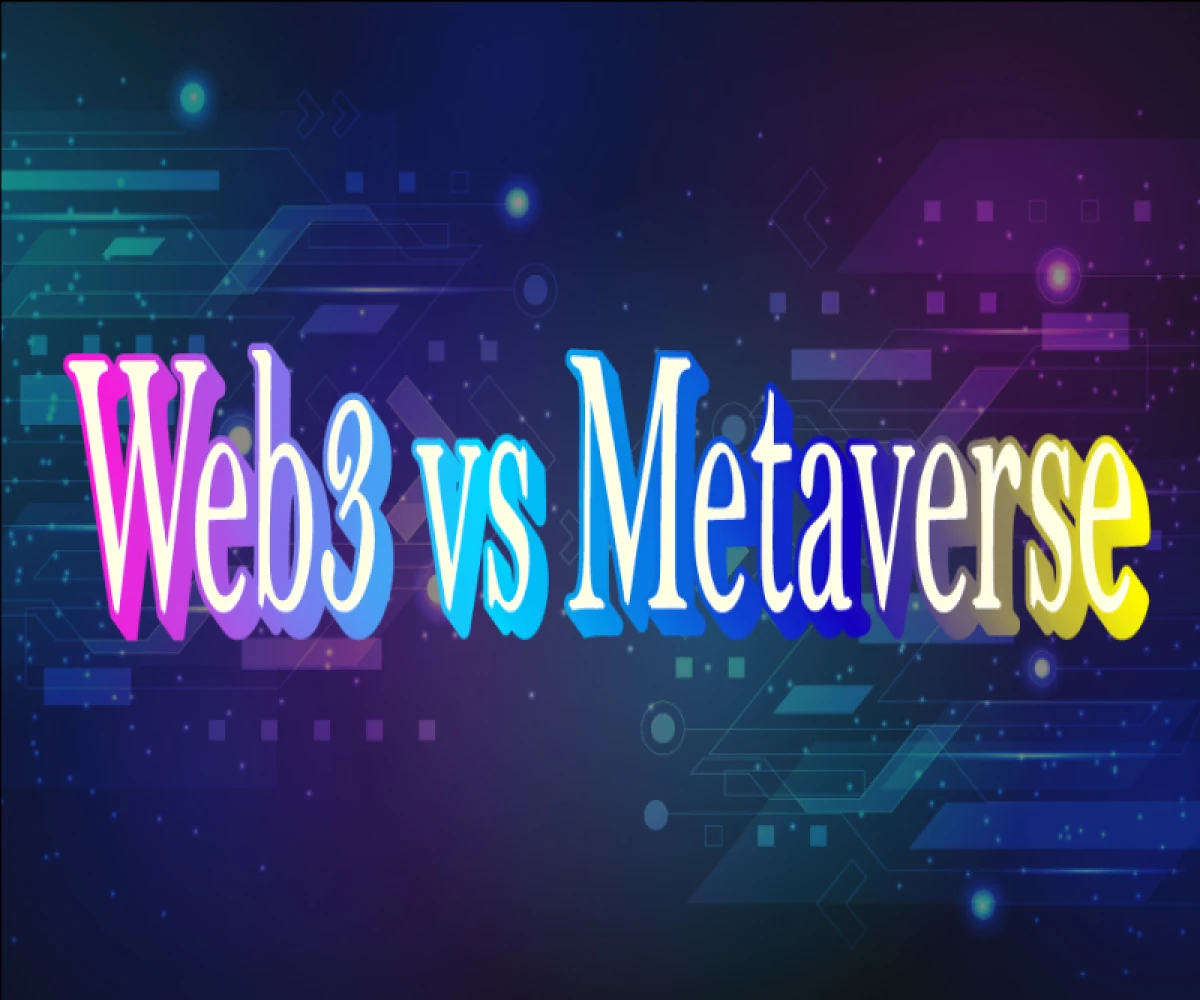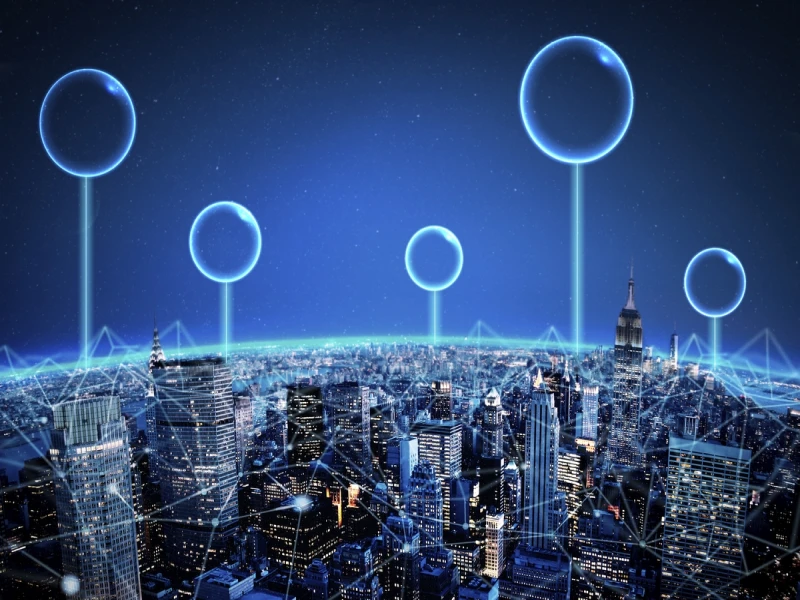
Web3 vs. Metaverse: What's the Difference and Why Does it Matter?
Web3 vs. Metaverse: Decoded! Understanding the Future of the Internet
The internet is constantly evolving, and two hot terms dominate discussions about its future: Web3 and the metaverse. While they may sound similar, these concepts represent distinct aspects of the digital landscape we're building.
Web3: Owning Your Slice of the Internet Pie
Imagine a future internet where you, not corporations, control your data. This is the essence of Web3. It's about decentralization, shifting power from centralized platforms to users.
Here's the gist:
- Focus: User control and fostering a more open and democratic online environment.
- Technology: Powered by blockchain, a secure and transparent system for storing and managing data without relying on a single entity.
- Examples: Decentralized finance (DeFi), where individuals can manage their finances without banks; non-fungible tokens (NFTs), unique digital assets with ownership records stored on blockchains; and decentralized autonomous organizations (DAOs), internet communities governed by collective decision-making.
The Metaverse: Stepping into a Shared Virtual Reality
Ever dreamt of exploring virtual worlds, playing games, or even working alongside colleagues in a digital space? The metaverse aims to make that dream a reality.
Think of it as:
- Focus: Creating immersive, shared virtual worlds where people can interact, socialize, and participate in various activities.
- Technology: A blend of cutting-edge technologies like virtual reality (VR), augmented reality (AR), and artificial intelligence (AI).
- Examples: Popular online gaming platforms like Fortnite and Roblox, virtual workspaces like Meta's Horizon Workrooms, and social VR platforms like VRChat.
Analogy Time: Infrastructure vs. Application
Understanding the difference between Web3 and the metaverse is easier with an analogy. Imagine:
- Web3 as the infrastructure: It lays the foundation, providing the underlying technology and protocols (like blockchain) that power various applications and services.
- The metaverse as the application: It utilizes the infrastructure of Web3 to create immersive experiences and virtual worlds for users to interact in.
Complementary, Not Competitive
Here's the key takeaway: Web3 and the metaverse are not rivals, but rather complementary concepts. Web3 can provide the decentralized foundation the metaverse needs to function seamlessly, while the metaverse offers a compelling use case for the technologies and principles of Web3.
This future internet landscape is still taking shape, and both Web3 and the metaverse present exciting possibilities for a more user-centric and immersive online experience. Stay tuned as these concepts evolve and redefine how we interact and engage with the digital world!


